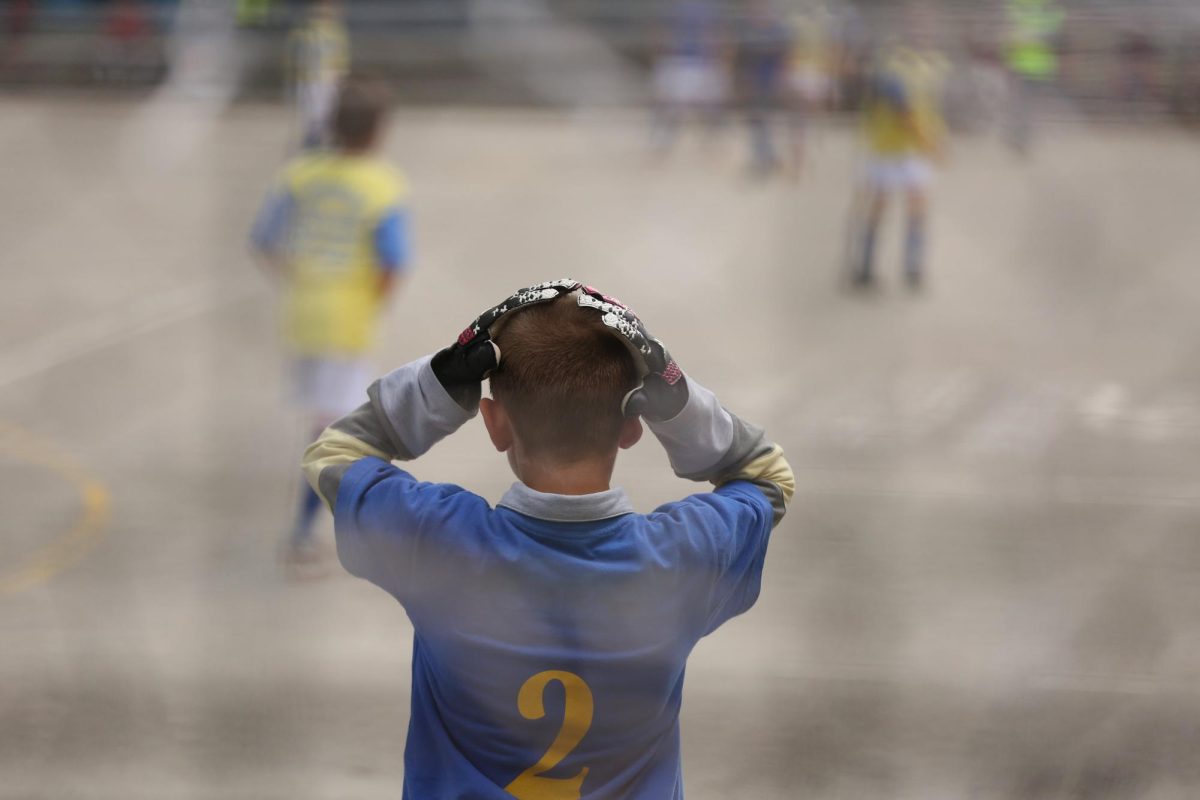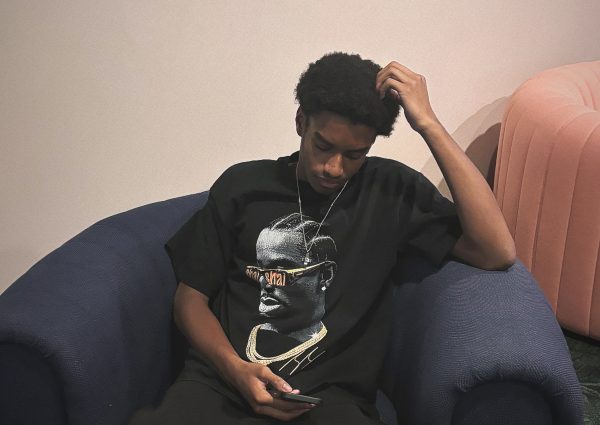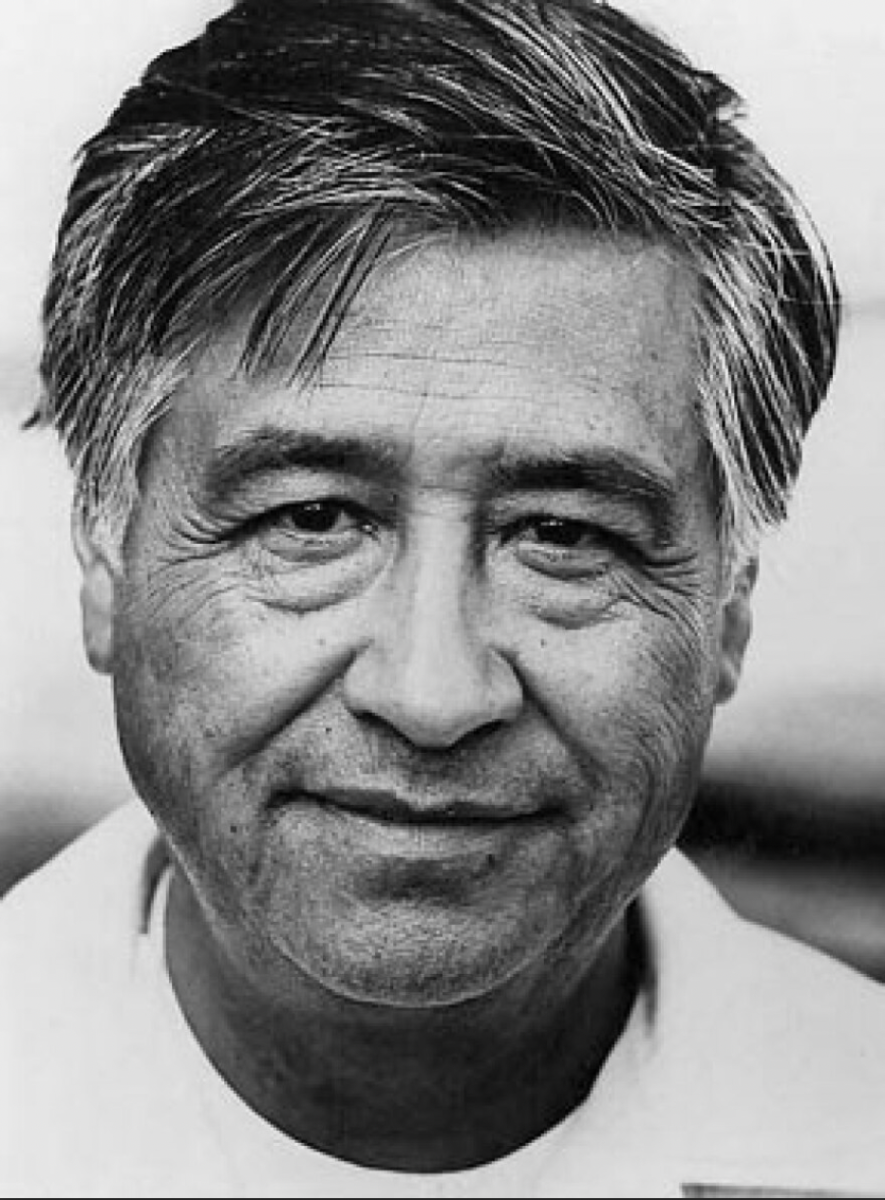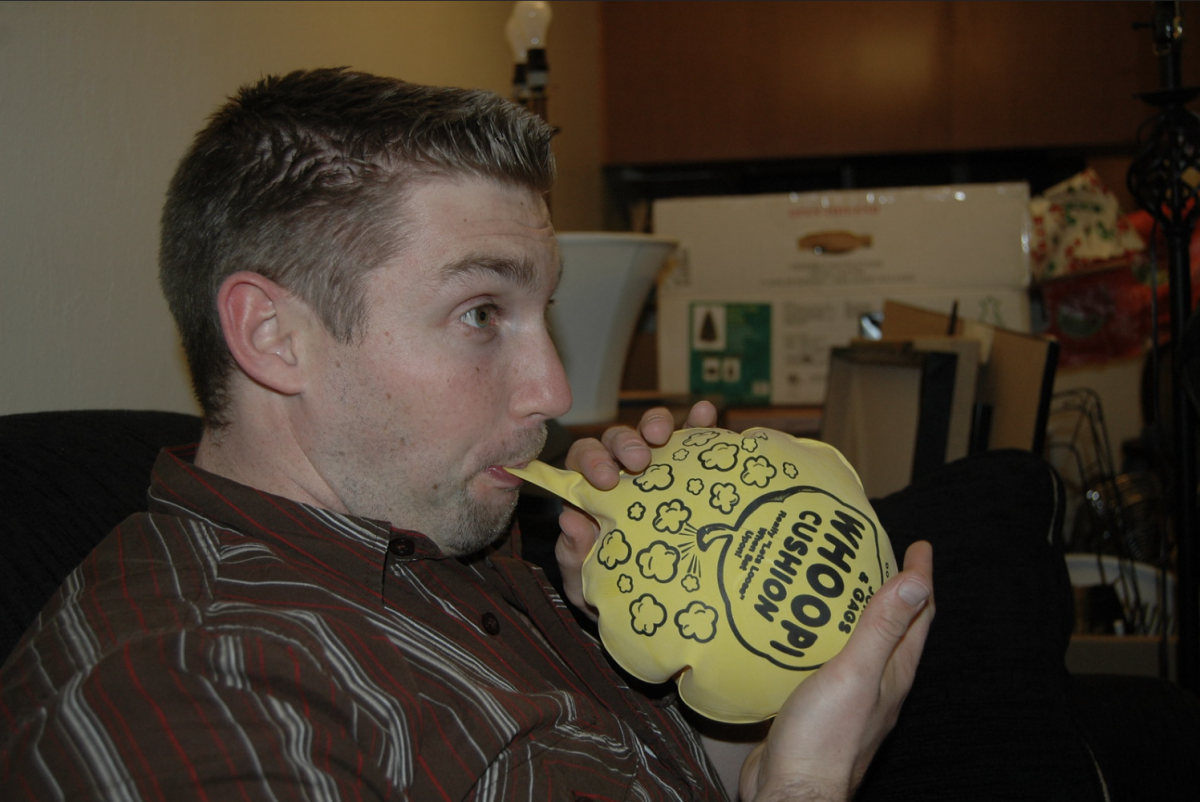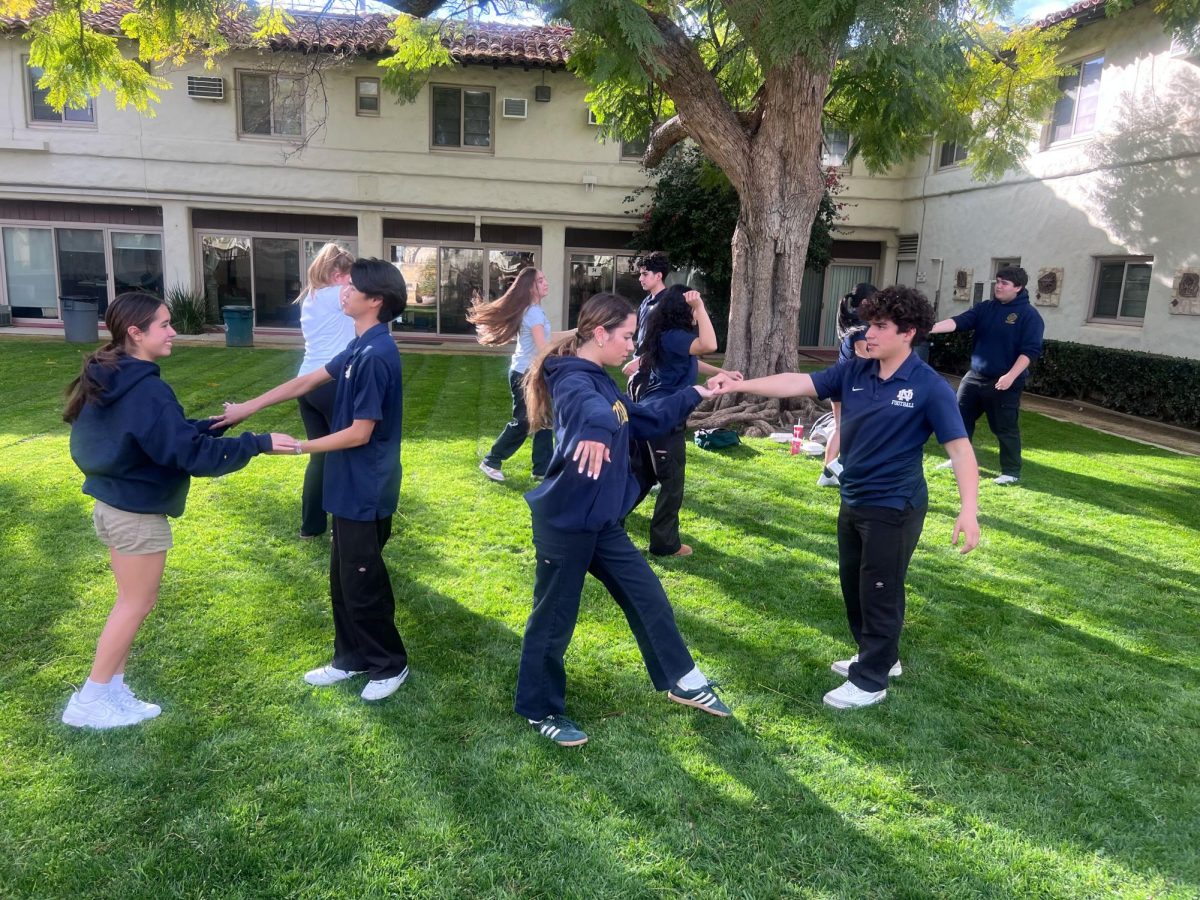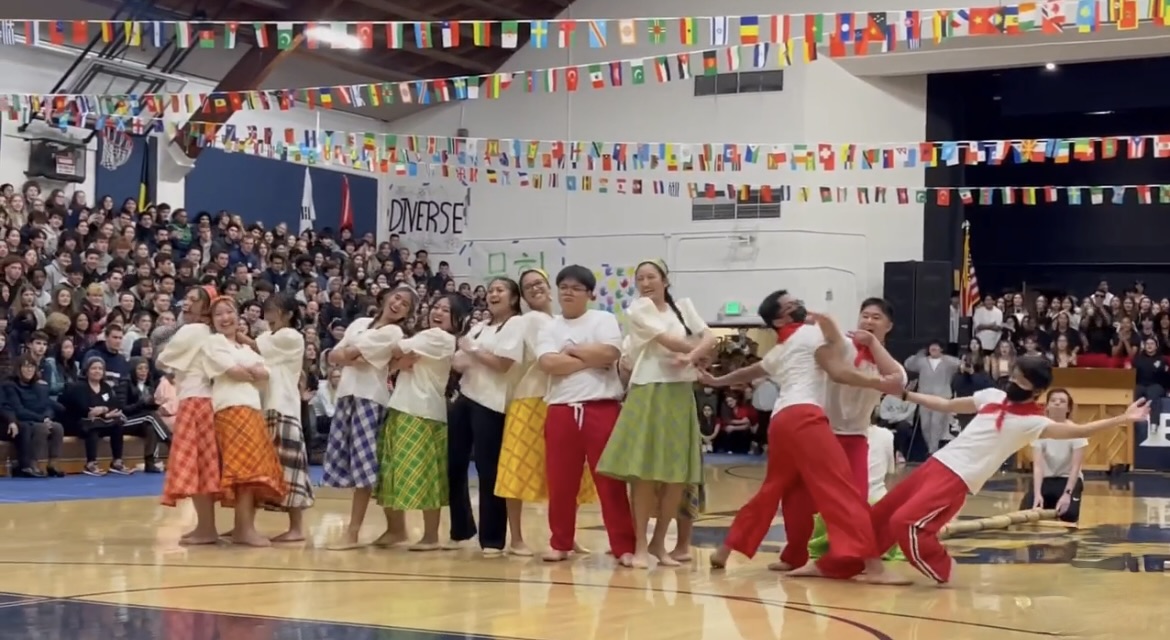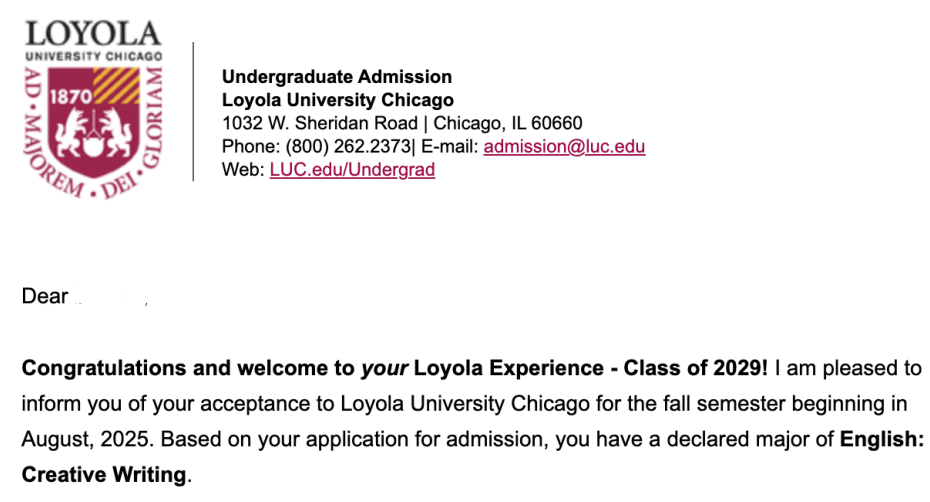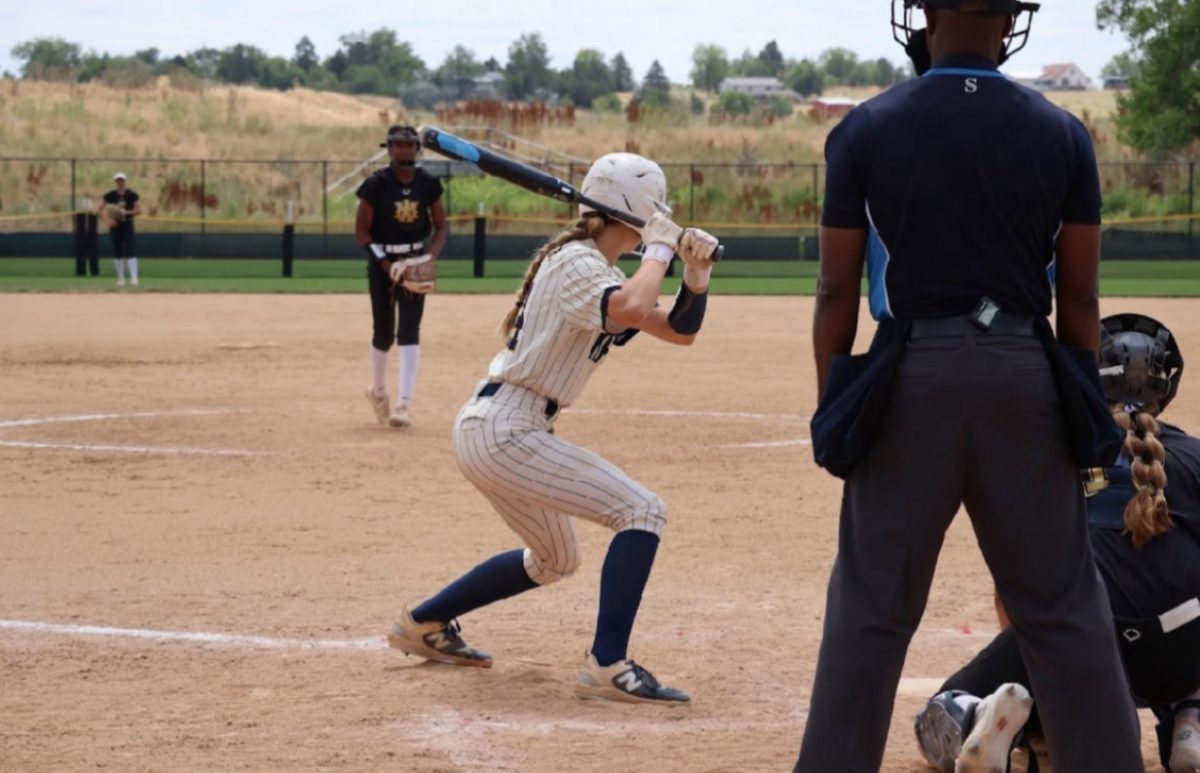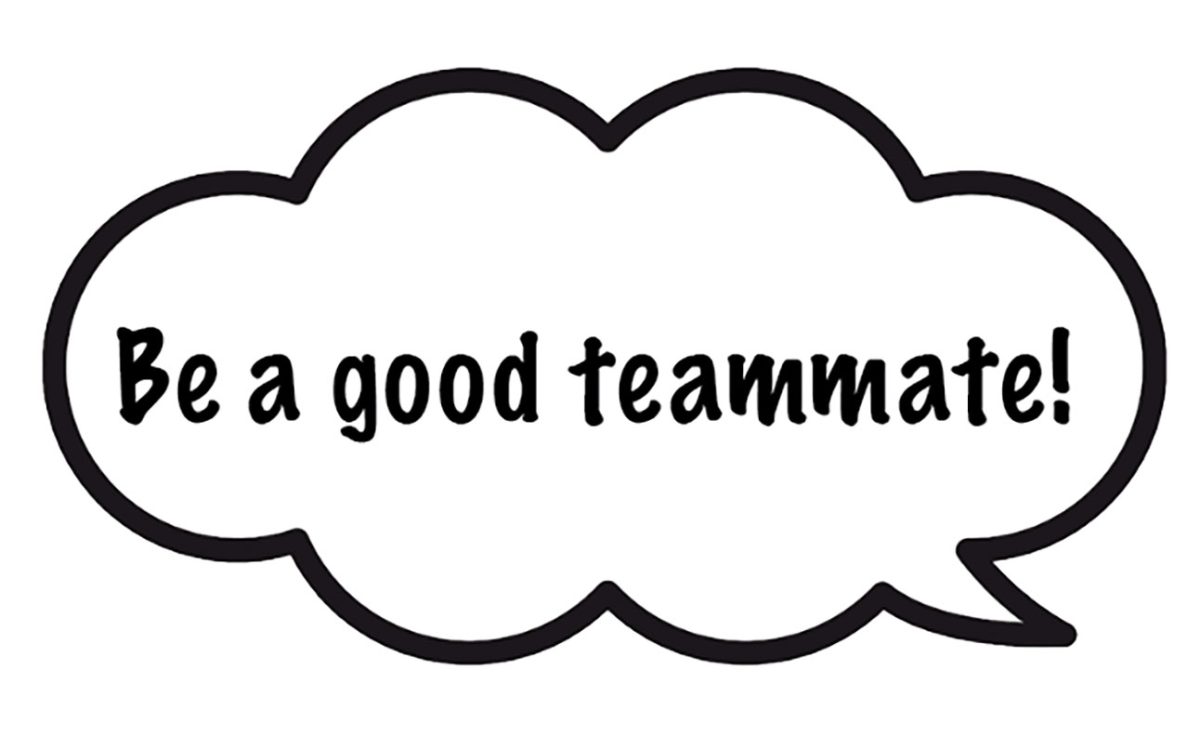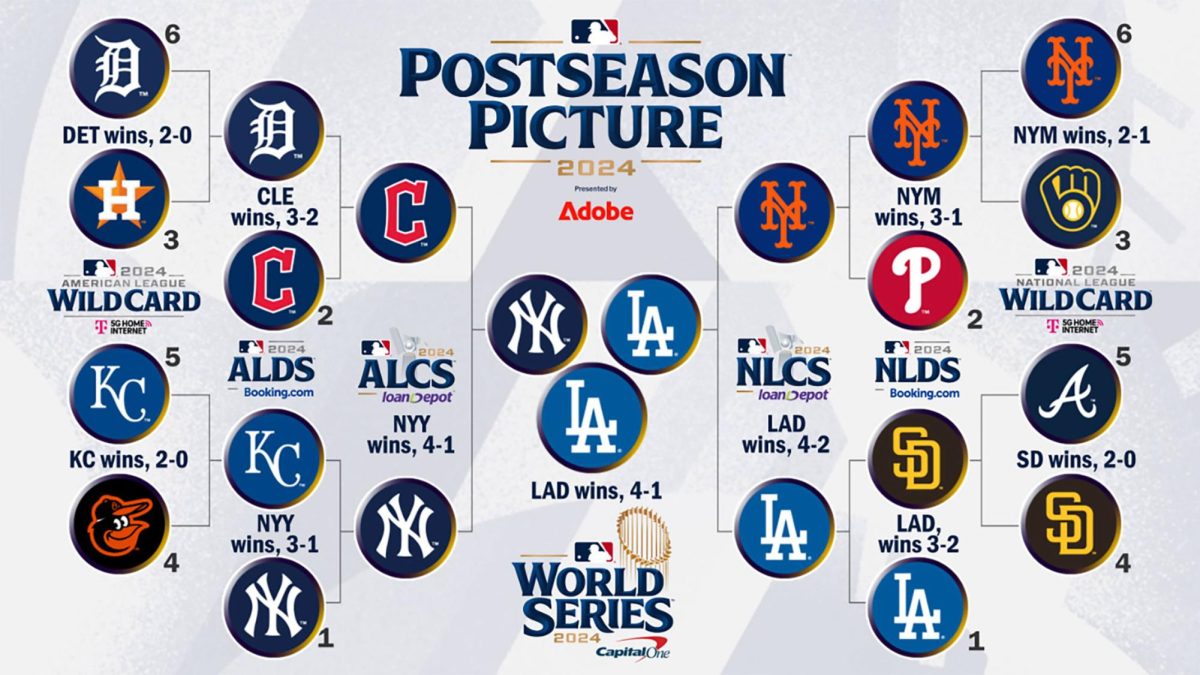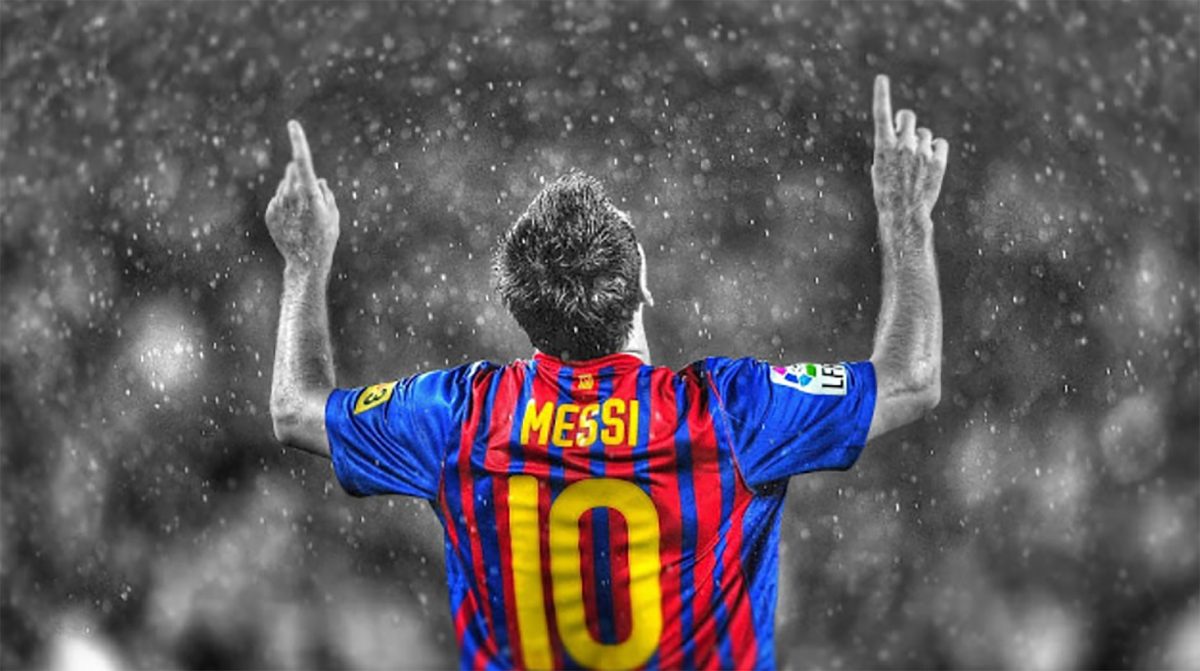Sports depression is the silent rival that few notice, the never-ending battle fans and family don’t see. When the lights go out and the crowd goes quiet, athletes are left to grapple with self-doubt, pressure, and the hidden weight that lingers long after the game.
Sports depression, in simple terms, is a mental health problem in athletes deriving from issues within their sport. It shows up in forms of anxiety, self-doubt, and isolation from teammates, coaches, and family.
The main causes of depression in athletes are pressure to perform and constant competition with peers. However, one of the biggest concerns is injuries, as they can’t be controlled and can happen at any time.
“The entire time feeling like you’re the only one because being practical, you are because you’re really showing up in real time for every session, every rehab session, all that nobody’s in there with you,” says Derrick Rose on the isolation he felt after injury.
Sports depression is often encountered in retired athletes, whether they retired out of necessity or of choice, which is most pro athletes. Frequently, athletes build their lives around their respective sports, so when it ends, they are usually left with nothing and suffer from a lack of purpose and identity. You lose a sense of purpose. You lose a sense of yourself, and you lose confidence. You find yourself saying, “I was at this now I’m not the best.”
Loss of identity occurs at all levels, but it’s much more prevalent at higher levels, such as among college athletes and professionals, as it has been elevated in their lives for a
much longer period.
Sports depression has been a topic being brought up more and more throughout the sports community, and people younger and younger are starting to learn of these mental health issues. Which means in turn, sports depression will be less prevalent, and athletes will be able to fight these problems before they snowball.
Coaches have been able to support athletes’ mental health by separating their athletic performance from their personal lives. This can happen in various ways, such as team hangouts or team dinners.
Many coaches have been doing a better job with this in recent years. However, high-level athletes, especially in basketball, have been known to have awful parental issues, whether that’s an absent parent or a verbally abusive parent.
Many parents of athletes treat them like nothing but a meal ticket, and they make their children seem like they are worthless without success in their sport. Many may say, ‘Well, it sounds exactly like regular depression,’ while not an entirely different concept, as it’s the same symptoms at its base. There are definitely differences.
Sports depression can only be caused by a sport-induced issue and may only appear in things related to the sport, while regular depression is more likely to bleed into all parts of life. This hidden battle behind the scenes is the true reality of most athletes at any level of play.
As fans, it’s also your responsibility to consider the impact of your words and criticism; you have no idea what they do to an athlete. Coaches and parents should also try not to put too much pressure on their players and children.

